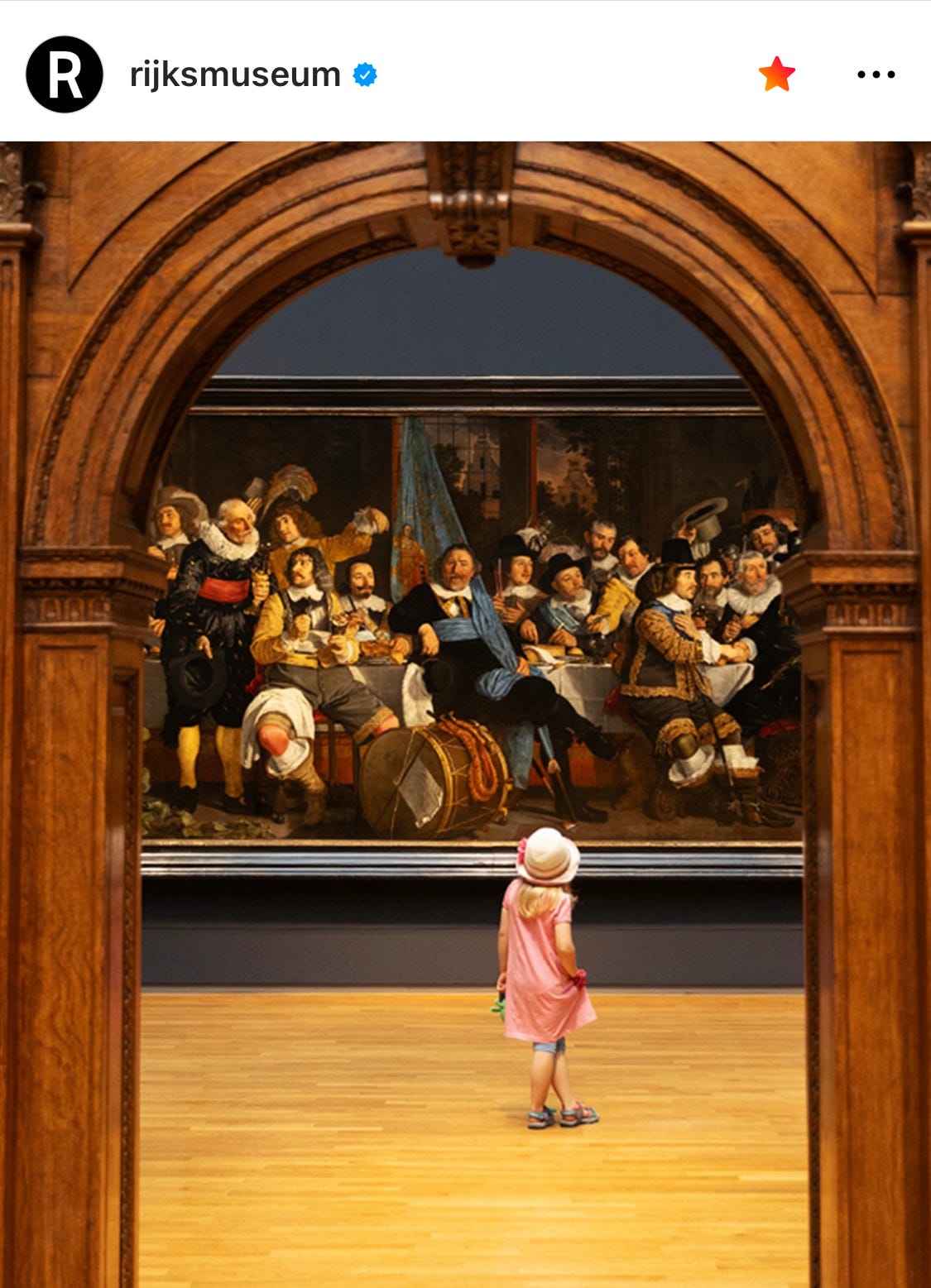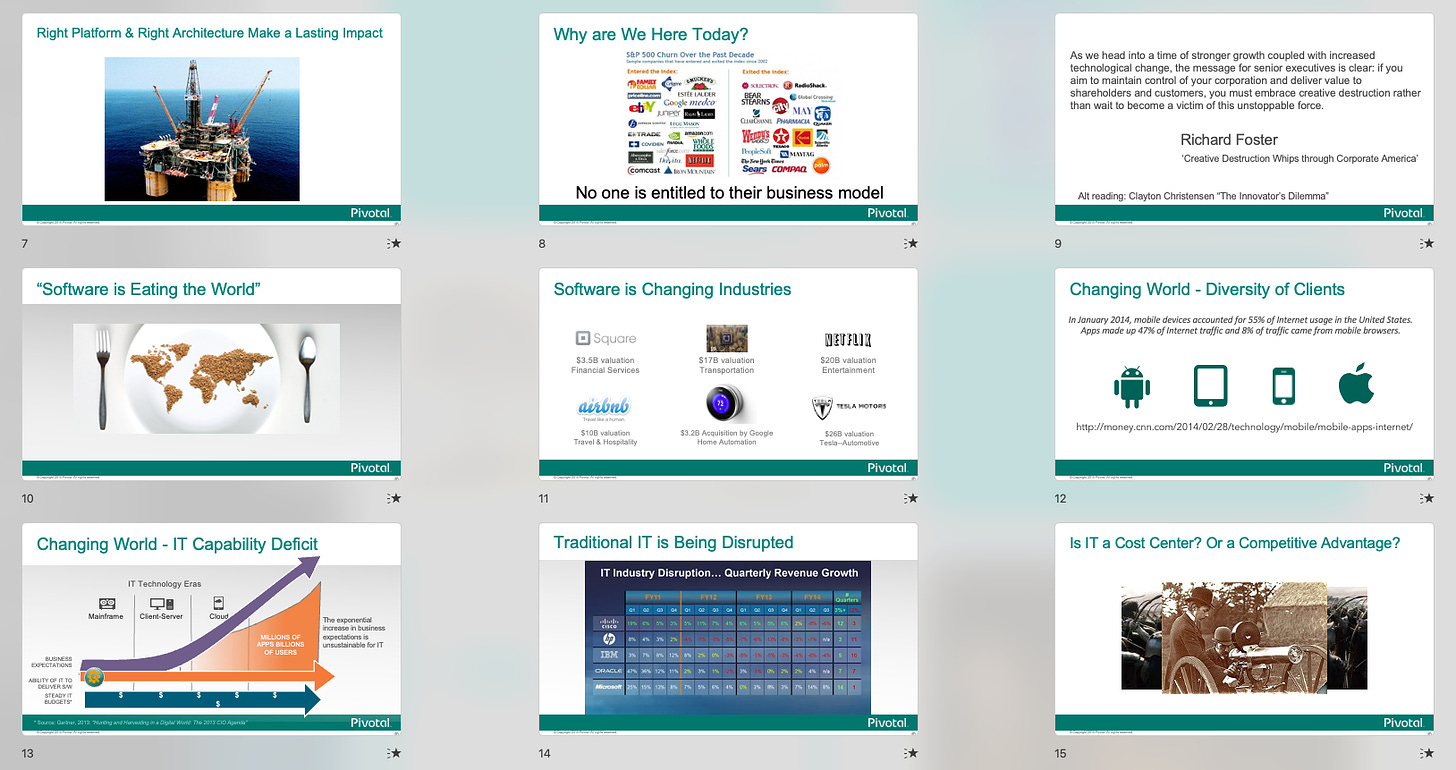Trees do not grow in straight rows
This picture clarified what it’s like to be an American living in Europe.
Everyday, you’re confronted by how old everything is. The word “old” deserves attention, and explains the whole point. To an American, “old” tends to be a negative term. (Well, a left leaning American, at least.) But in Europe, you are surrounded by old and there’s a certain comfort to it.
I live in The Netherlands, and the thing you realize quickly is that there is very little “nature” in The Netherlands. Westerners having been living here for thousands of years. The entire country has been touched by and designed by people. In fact, if it weren’t for human engineering draining swamps, digging canals, and literally building new land in the sea, the country wouldn’t be. Like. Exist.
The rest of Europe is this way too: unnatural. There isn’t really space in Europe that hasn’t felt the hand of humans. Sure, in the larger countries, there are places where humans have decided not to mess around. But, for the most part, nature in Europe has long - like, really, long - been civilized: conquered.
Here is what I tell my fellow flâneurs. As you amble about Amsterdam and all of Europe, notice how many trees are in a perfect row. And notice how old those trees are. Trees do not grow in a perfect row normally. People did that.
In America, there are not that many trees in a row. There are huge parts of America that are just…there. To be fair, I wouldn’t say there are “unknown” parts of America, but it’s much different than Europe. There’s nothing like West Texas in Europe, and (the Texan in me does not like to type this) that is just a tiny part of the American wilderness.
What we don’t have in America is what’s in the picture above: a connection to hundreds of years back. The way we’re raised, we know about back to 1776. Before then, it’s a confusing blur. Does any American really know what the French and Indian War was all about? And it’s only in the past several decades - my lifetime! - that we acknowledge and are curious about anything that happened before Europeans came to America. Now, that is a good centuries long history we (in all the Americas) should be visiting and drawing on more.
But. I don’t want the problematic aspects of the American-mind to distract from a compliment I’m trying to give Europe. All of That is there for us Americans to deal with: I am not glossing over it.
This endless history that Europe has is so hard to reckon with as an American, and I feel like it shapes the European mindset. What would be like to walk around a museum and feel a direct connection to something painted 464 years ago or 458 years ago.
Ironically, the second thing to reckon with is more recent in history: World War 2. So much of Europe through the flâneur’s eyes is defined by that war. When you walk in Amsterdam, you see buildings from the 1600s. When you walk in Germany, with rare exception, you see only buildings built after 1945.
If you don’t get it, let me tell you an anecdote from an English friend. He was traveling in Cologne, Germany, I believe, and noticed how new and modern all the buildings were, how the roads were perfectly formed to accommodate cars. How thoroughly modern everything was. After talking with a local German a bit, he said, “this is remarkable! How is it that everything is so fresh and new.” To which the German, gravely replied, “well, you should ask your great friends about that…”
And that brings us to the third thing. Living in Europe, I’m confronted a lot by that date: 1945. We Americans think of Europe as peaceful, socialists…“Freedom Fries” and all that.
What our short aperture of history misses is that it’s only since 1945 that Europeans haven’t been trying to kill each other constantly: basically, all the time, like, non-stop. Before 1945, it was near constant war in Europe. Us Americans might think the Europeans awfully pacifist and do-nothingniks, but you have to appreciate how done and utterly tired they must have been after 1945. Perhaps, forced to become enlightened, even. Centuries and Centuries of war and senseless death had finally exhausted, wiped out, and almost killed this entire part of the world.
You walk around the museums and the old parts of the cities that still exist and you constantly realize how old, how lived, how experienced, and how in the future everything here is.
(Us tech people scoff at the EU and their whacky regulations, but, well, I mean, if it gives you something else to do instead of constantly being at war, is it all that bad?)
SUPERSTREAM - Sep 6th, 2023
Next week at an O’Reilly Superstream hosted by Sam Newman, I’m talking about platform team practices I’ve collected from seven years of talking with platform teams. My colleague Whitney is also giving a talk, and she always has great presentations. You should come check it out!
From a 2015 Pivotal Deck
This is back when all of us in the industry were trying to freak out the enterprise market. It worked…?
Upcoming
Talks I’ll be giving, places I’ll be, things I’ll be doing, etc.
Sep 6th O’Reilly Infrastructure & Ops Superstream: Kubernetes, online, speaking. Sep 6th to 7th DevOpsDays Des Moines, speaking. Sep 13th, stackconf, Berlin. Sep 14th to 15th SREday, London, speaking (get 50% of registration with the code 50-SRE-DAY) Sep 18th to 19th SHIFT in Zadar, speaking. Oct 3rd Enterprise DevOps Techron, Utrecht, speaking. Nov 6th to 9th VMware Explore in Barcelona, speaking.
Logoff
See y’all next time!

